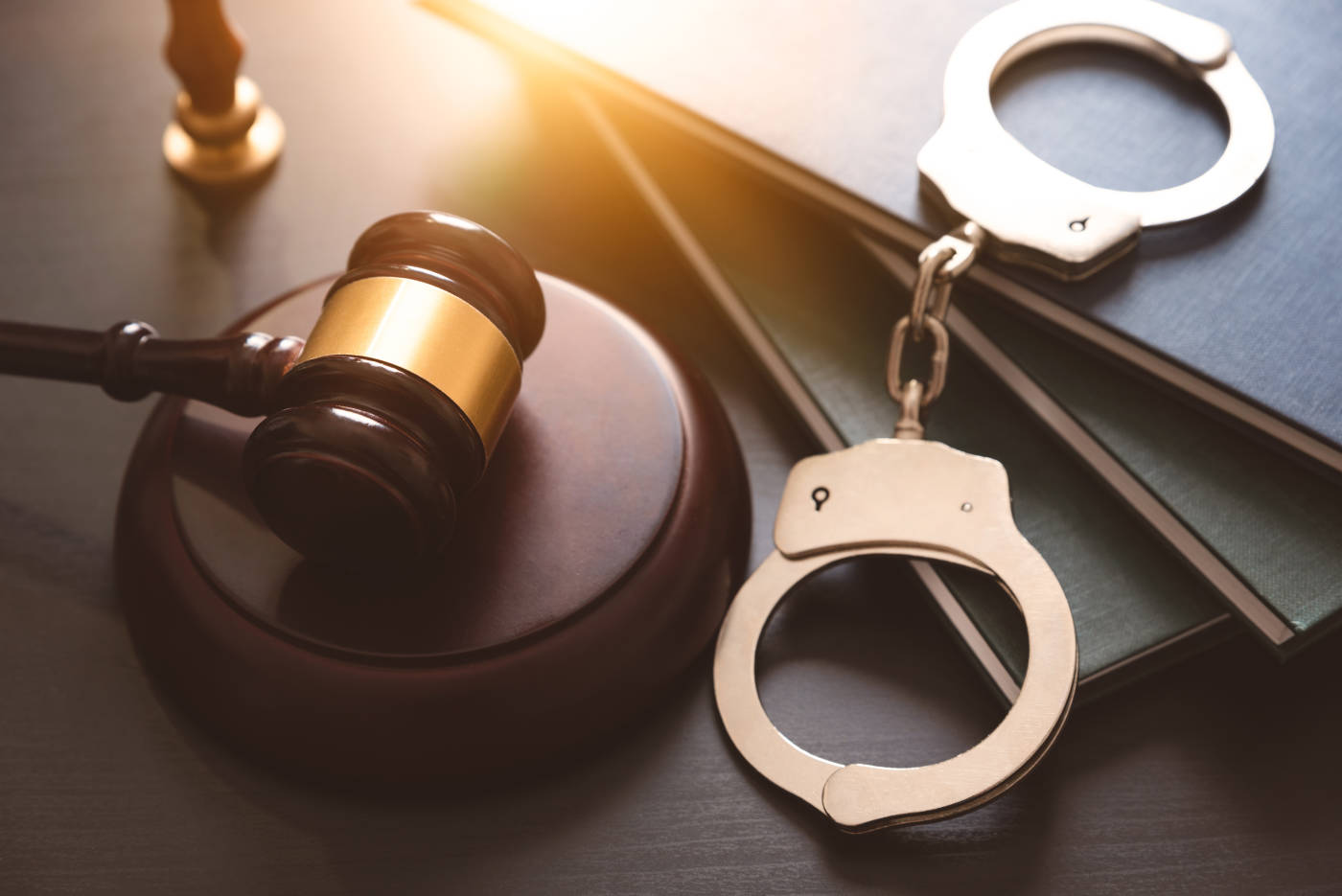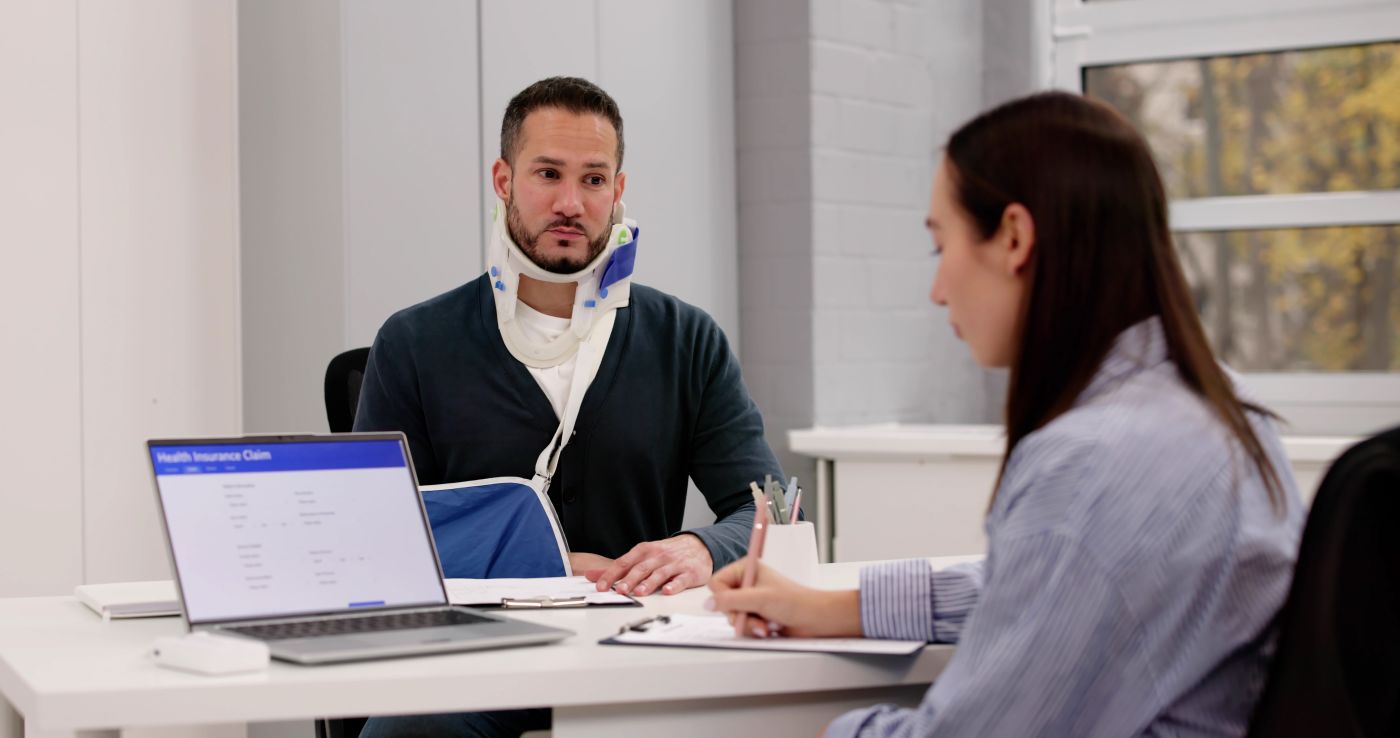
Facing criminal charges can be overwhelming and life-altering, often bringing uncertainty about what to expect from the legal system and criminal defense process. Whether the charges involve a misdemeanor or a felony, the stakes can be high, potentially leading to fines, probation, or worse.
Understanding your legal rights is essential in making it through this process and protecting yourself against wrongful accusations or excessive penalties. The criminal justice system is built on key legal principles, such as the presumption of innocence and the right to a fair trial, which are designed to safeguard individuals accused of crimes.
However, successfully defending against charges requires more than just awareness of these rights—it also involves knowing the legal defenses available and how they can be applied to your case. From challenging the prosecution’s evidence to asserting self-defense or arguing constitutional violations, the right defense strategy can significantly impact the outcome of a case.
Preston Day Law, PLLC is here to support you during this challenging time. Keep reading to get an in-depth look at the fundamentals of criminal defense, the rights of defendants, and the legal strategies used to fight criminal charges effectively.
Your Rights When Facing Criminal Charges
Anyone accused of a crime in the United States is protected by several constitutional rights. These rights serve as a safeguard against unfair treatment and wrongful convictions. Some of the most important rights in a criminal defense case include the following.
The right to remain silent: Under the Fifth Amendment, you’re not required to answer questions from law enforcement that may incriminate you. Anything you say can be used against you in court.
The right to legal counsel: The Sixth Amendment grants you the right to an attorney, whether hired privately or appointed by the court if you cannot afford one.
The right to a fair trial: You’re entitled to a speedy and public trial by an impartial jury. This helps prevent indefinite detention and maintains transparency in the legal process.
The right to confront witnesses: You have the right to question witnesses who testify against you and challenge their credibility.
The right to protection against unreasonable searches and seizures: Law enforcement must have probable cause or a warrant before searching your property or seizing evidence.
Understanding these rights can prevent self-incrimination and provide a stronger foundation for defending against charges.
Common Defenses in Criminal Cases
Building a solid criminal defense strategy requires analyzing the details of the case and determining the most effective legal approach. When facing criminal charges, the defense strategy used can significantly impact the case's outcome. A strong defense challenges the prosecution’s evidence, questions the credibility of witnesses, or argues that the accused’s actions were legally justified.
The specific defense chosen depends on the facts of the case, and a well-prepared legal strategy can help protect the accused’s rights and challenge the prosecution’s case effectively. Here are some of the most commonly used defenses.
Lack of Evidence
The prosecution has the burden of proving guilt beyond a reasonable doubt. If the evidence is weak, circumstantial, or based on unreliable testimony, the defense can argue that the prosecution hasn’t met its obligation.
Mistaken Identity or False Accusations
Eyewitness misidentifications or false accusations can lead to wrongful arrests. A defense attorney may use surveillance footage, alibi witnesses, or forensic evidence to establish that the accused wasn’t present at the scene or didn’t commit the crime.
Self-Defense
In cases involving violent crimes, such as assault or homicide, the accused may argue that they acted in self-defense. To establish this defense, the individual must show that they believed they were in imminent danger and that their actions were necessary to protect themselves.
Violation of Constitutional Rights
If law enforcement officers violated constitutional protections, such as conducting an illegal search or obtaining a confession through coercion, the defense may request that the evidence be excluded from trial. This can significantly weaken the prosecution’s case.
Lack of Criminal Intent
Some crimes require intent, meaning the accused must have knowingly committed the act. If the defendant can demonstrate that their actions were accidental or lacked criminal intent, the charges may be reduced or dismissed.
Alibi Defense
An alibi defense presents evidence that the accused was somewhere else at the time the crime occurred, making it impossible for them to have committed the offense. Witness testimony, time-stamped receipts, or digital records can support an alibi claim.
Duress or Coercion
If the defendant was forced to commit a crime under the threat of harm, they might argue that they acted under duress. This defense typically requires proving that they had no reasonable opportunity to escape the situation.
Entrapment
Entrapment occurs when law enforcement induces a person to commit a crime they wouldn’t have otherwise committed. If a defendant can show that they were unfairly pressured or manipulated by authorities, they may avoid conviction.
Each defense strategy depends on the circumstances of the case, and a skilled attorney can determine the most suitable approach.
How a Criminal Defense Attorney Helps
A criminal defense attorney plays a critical role in protecting the accused’s rights and presenting a strong case in court. By building a solid defense and seeking fair treatment throughout the legal process, a criminal defense attorney serves as a vital advocate for those accused of crimes. Their responsibilities include the following.
Evaluating the case: Reviewing the evidence, police reports, and witness statements to identify weaknesses in the prosecution’s argument.
Advising the defendant: Providing guidance on plea deals, potential penalties, and the risks associated with going to trial.
Negotiating plea bargains: In some cases, a plea bargain may result in reduced charges or a lighter sentence. Attorneys negotiate with prosecutors to achieve the best possible outcome.
Representing the defendant in court: Crafting legal arguments, cross-examining witnesses, and presenting evidence to challenge the prosecution’s case.
Choosing the right attorney is a crucial step in developing a successful criminal defense strategy.
Steps to Take If You’re Arrested
If you’re arrested, taking the right steps can help protect your rights and improve your chances of a favorable outcome in your case. By taking the steps below, you can help safeguard your legal interests and build a stronger criminal defense. Here’s what you should do.
Remain silent: Don’t answer questions from law enforcement without a lawyer present. Anything you say can be used against you.
Request an attorney: Ask for legal representation immediately. If you can’t afford an attorney, the court will appoint one for you.
Avoid resisting arrest: Resisting can lead to additional charges. Cooperate physically but don’t provide information without legal counsel.
Document everything: If possible, take note of the circumstances of your arrest, including officer conduct and any potential violations of your rights.
Avoid discussing the case: Don’t discuss your case with anyone except your attorney. Conversations with friends, family, or cellmates may not be protected by confidentiality.
Following these steps can help prevent self-incrimination and strengthen your criminal defense.
Contact Us Today to Learn More About Your Rights
Facing criminal charges can be an intimidating experience, but understanding your rights and available defenses is essential for achieving a fair outcome. Various defense strategies can be used to challenge the prosecution’s case. Whether arguing lack of evidence, self-defense, or constitutional violations, working with Attorney Preston Day can give you peace of mind that you have a trusted advocate on your side.
Contact Preston Day Law, PLLC today to protect your freedom and future. Located in Alpine, Utah, the firm serves clients in Salt Lake City, Utah, and around Utah County.


